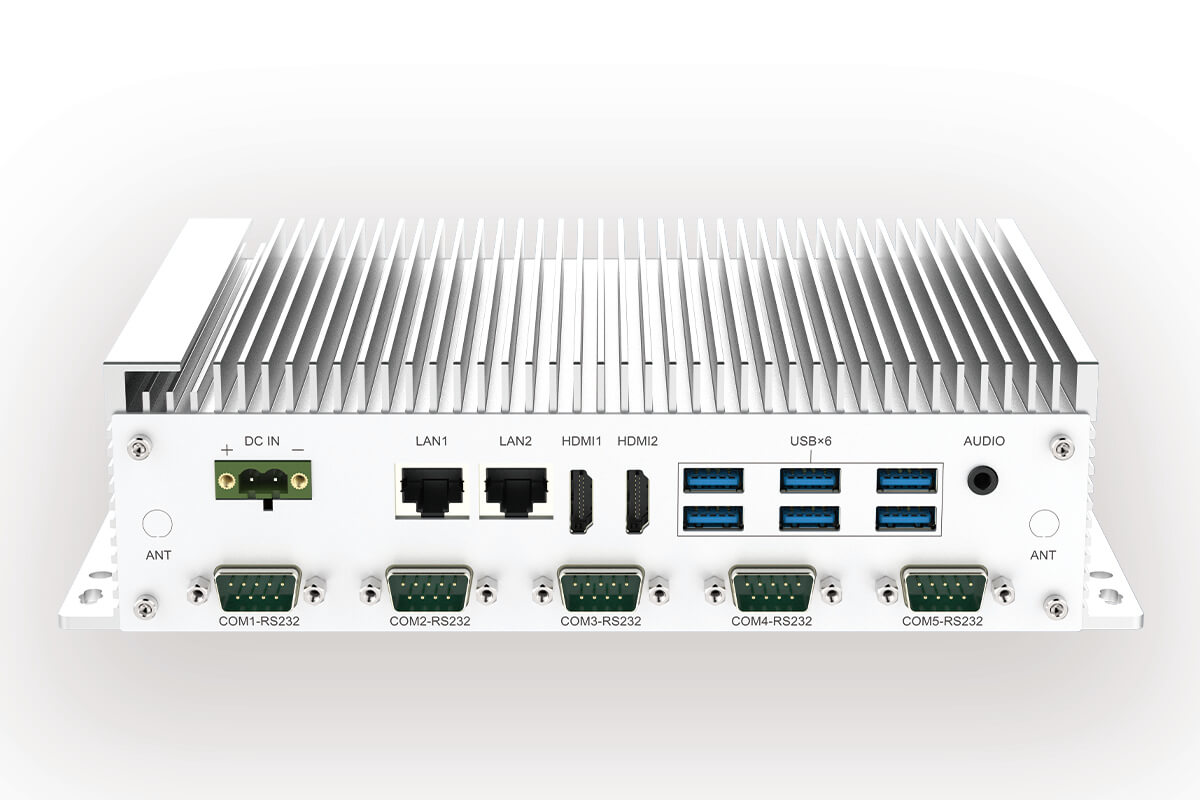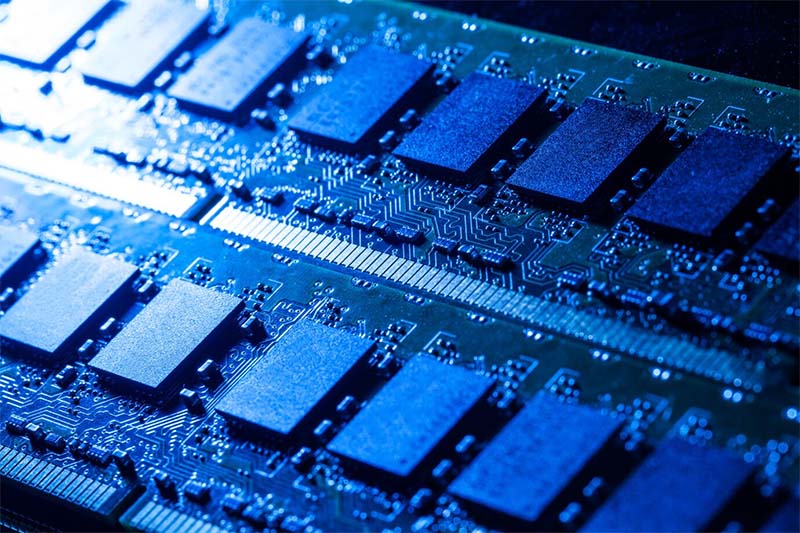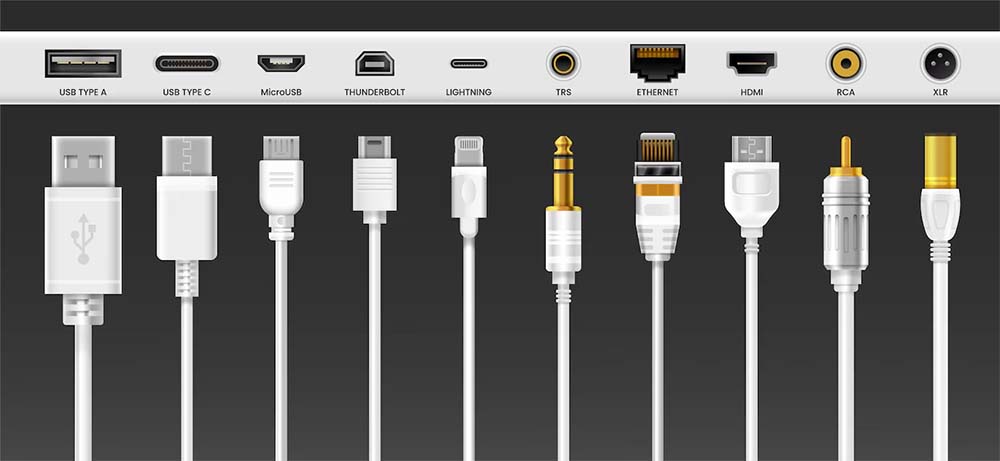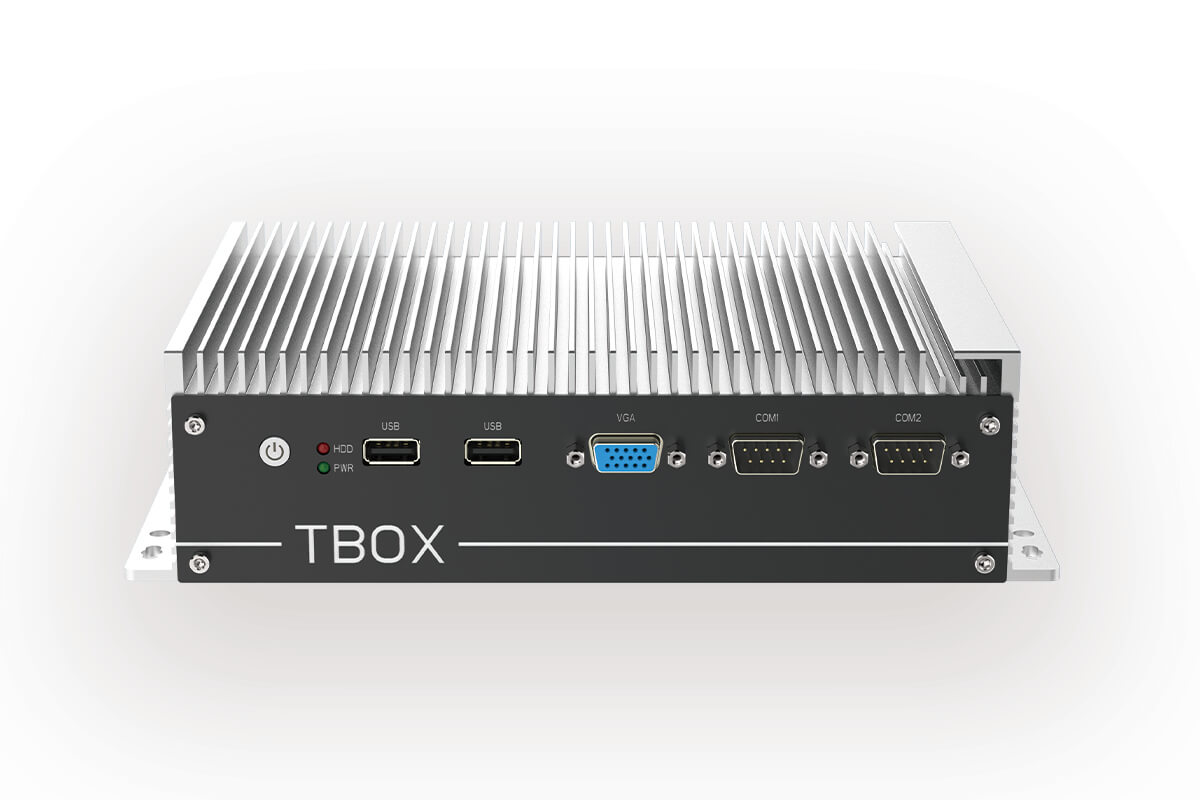In the landscape of modern industrial operations, the integration of technology has become paramount for enhancing efficiency and productivity. At the heart of this integration are High Performance Industrial Panel PCs, robust computing systems designed specifically to meet the rigorous demands of industrial environments.
Industrial Panel PCs are all-in-one computing devices featuring a built-in display and a powerful processing unit. They serve as centralized control hubs, allowing operators to monitor processes, control machinery, and access essential data in real-time. Unlike conventional desktop computers or consumer-grade tablets, Industrial Panel PCs are engineered to withstand harsh conditions commonly found in industrial settings, including extreme temperatures, dust, moisture, and vibration.

Understanding Industrial Panel PC Requirements
In the dynamic landscape of industrial environments, the requirements for computing solutions differ significantly from those of traditional office settings. Industrial operations often entail challenging conditions such as extreme temperatures, exposure to dust and moisture, as well as high levels of vibration and shock. These specific needs necessitate the deployment of robust and reliable computing systems like High Performance Industrial Panel PCs.
When considering High Performance Industrial Panel PCs for industrial applications, several key features merit attention. Firstly, processing power is paramount. High-performance models boast advanced processors capable of handling complex tasks with ease, ensuring swift data processing and minimal latency. Additionally, ample memory capacity is crucial for storing and accessing large volumes of data in real-time, facilitating seamless operation and multitasking.
Another essential feature to look for in High Performance Industrial Panel PCs is rugged construction. These devices must withstand harsh environmental conditions prevalent in industrial settings. Robust enclosures, reinforced connectors, and durable touchscreen displays ensure longevity and reliability, minimizing the risk of downtime due to equipment failure.
Furthermore, connectivity options play a vital role in facilitating seamless integration with existing industrial systems. High-performance models should offer a variety of ports and interfaces, including USB, Ethernet, and serial connections, to support communication with peripheral devices and network infrastructure.
Assessing Performance Metrics
When assessing the performance metrics of High Performance Industrial Panel PCs, several key factors come into play, each contributing to the overall efficiency and effectiveness of these computing solutions.
Processor Speed and Type
First and foremost is the processor speed and type. High Performance Industrial Panel PCs are equipped with powerful processors capable of handling demanding industrial applications with ease. Whether it’s controlling automated machinery, analyzing real-time data streams, or running complex algorithms, a fast and efficient processor is essential for ensuring smooth operation and optimal performance.
RAM Capacity
In addition to processor speed, RAM capacity is another crucial performance metric to consider. High Performance Industrial Panel PCs feature ample RAM to support multitasking and simultaneous execution of multiple applications. A higher RAM capacity allows for faster data access and manipulation, enabling operators to work more efficiently and effectively in industrial environments.
Storage Options: SSDs vs. HDDs
When it comes to storage options, the choice between SSDs (Solid State Drives) and HDDs (Hard Disk Drives) can significantly impact performance. SSDs offer faster read and write speeds, quicker boot times, and improved reliability compared to traditional HDDs. High Performance Industrial Panel PCs often utilize SSDs for storage, ensuring rapid access to critical data and applications, thus enhancing overall system responsiveness and efficiency.

Graphics Capabilities
Furthermore, graphics capabilities play a crucial role in High Performance Industrial Panel PCs, particularly in applications that require high-resolution displays or advanced visualization techniques. These computing solutions feature dedicated graphics processing units (GPUs) capable of rendering complex graphics and images with precision and clarity. Whether it’s displaying intricate schematics, 3D models, or real-time monitoring interfaces, robust graphics capabilities are essential for facilitating efficient decision-making and analysis in industrial environments.
Considering Environmental Factors
When considering High Performance Industrial Panel PCs for deployment in industrial environments, it’s essential to take into account various environmental factors to ensure reliable and uninterrupted operation.
Temperature Range
One critical environmental factor to consider is the temperature range. Industrial operations often expose computing equipment to extreme temperatures, ranging from freezing cold to scorching heat. High Performance Industrial Panel PCs are engineered to withstand such temperature variations, offering a wide operating temperature range to ensure optimal performance in diverse industrial settings. By selecting devices that can operate reliably in extreme temperatures, industrial operators can minimize the risk of equipment failure and downtime.
Dust and Water Resistance (IP Rating)
Another crucial consideration is dust and water resistance, often indicated by an IP (Ingress Protection) rating. Industrial environments are prone to dust, dirt, and moisture, which can pose significant challenges to sensitive electronic equipment. High Performance Industrial Panel PCs feature rugged enclosures and sealed design, equipped with IP-rated protection against dust ingress and water immersion. This ensures that the computing equipment remains protected from environmental hazards, maintaining performance and reliability even in harsh conditions.
Vibration and Shock Resistance
Furthermore, vibration and shock resistance are essential factors to consider, especially in environments where machinery and equipment generate significant vibrations. High Performance Industrial Panel PCs are built to withstand vibrations and shocks, thanks to their sturdy construction and shock-absorbing mounting solutions. This ensures that the computing equipment remains operational and undamaged, even in environments with high levels of vibration and mechanical stress.
Connectivity and Expansion
Ports and Interfaces (USB, Ethernet, Serial)
These PCs should feature a variety of ports and interfaces such as USB, Ethernet, and serial connections. These interfaces facilitate communication with peripheral devices, networking equipment, and industrial machinery, enabling data exchange and control functionalities essential for industrial operations.

Wireless Connectivity (Wi-Fi, Bluetooth)
Wireless connectivity options like Wi-Fi and Bluetooth are becoming increasingly important in industrial settings. High Performance Industrial Panel PCs equipped with Wi-Fi and Bluetooth capabilities allow for flexible networking and communication without the need for physical cables, enhancing mobility and convenience in industrial applications.
Expansion Slots for Add-on Cards or Modules
Expansion slots for add-on cards or modules provide scalability and versatility to High Performance Industrial Panel PCs. These expansion options enable customization and future-proofing, allowing operators to add specialized functionality or upgrade components as needed to meet evolving industrial requirements.
Software and Compatibility
Operating System Compatibility (Windows, Linux, etc.)
These PCs should support a variety of operating systems, including Windows, Linux, or other specialized OS platforms. This ensures flexibility in software deployment, allowing operators to choose the most suitable operating system for their specific industrial applications.
Support for Industry-Specific Software Applications
Support for industry-specific software applications is essential for High Performance Industrial Panel PCs. Whether it’s SCADA (Supervisory Control and Data Acquisition) systems, MES (Manufacturing Execution Systems), or other specialized software tools, compatibility with industry-standard applications ensures that these PCs can effectively meet the unique needs of industrial operations.
Long-Term Support and Updates
Long-term support and updates are critical considerations when selecting High Performance Industrial Panel PCs. Manufacturers that offer regular firmware updates, security patches, and long-term support commitments ensure that these computing solutions remain reliable, secure, and up-to-date throughout their lifecycle. This is particularly important in industrial settings where system stability and reliability are paramount for continuous operation.
Reliability and Durability
Quality of Construction Materials
The quality of construction materials is a key factor in determining the reliability and durability of these PCs. High Performance Industrial Panel PCs are typically constructed using robust materials such as aluminum or stainless steel, ensuring resistance to corrosion, impact, and wear. This sturdy construction protects the internal components from damage due to environmental factors or mechanical stress, contributing to the overall reliability of the device.
MTBF (Mean Time Between Failures)
The MTBF (Mean Time Between Failures) metric provides valuable insight into the expected reliability of High Performance Industrial Panel PCs. A higher MTBF indicates a longer average time between failures, highlighting the durability and reliability of the device under normal operating conditions. Manufacturers often provide MTBF ratings based on rigorous testing and analysis, allowing operators to make informed decisions when selecting computing equipment for industrial applications.
Warranty and Support Services
Warranty and support services play a crucial role in ensuring the reliability and longevity of High Performance Industrial Panel PCs. Manufacturers that offer comprehensive warranty coverage and responsive support services provide peace of mind to operators, knowing that they will receive timely assistance in the event of any issues or malfunctions. This level of support enhances the overall reliability of the device and minimizes the risk of downtime, ultimately contributing to uninterrupted operations and productivity in industrial environments.
Conclusion
In summary, High Performance Industrial Panel PCs are essential tools for modern industrial operations, offering the computing power, connectivity, and reliability required to drive success in today’s competitive landscape. By staying abreast of future trends and advancements in industrial computing, operators can harness the full potential of these devices to optimize processes, improve productivity, and achieve their business objectives.
